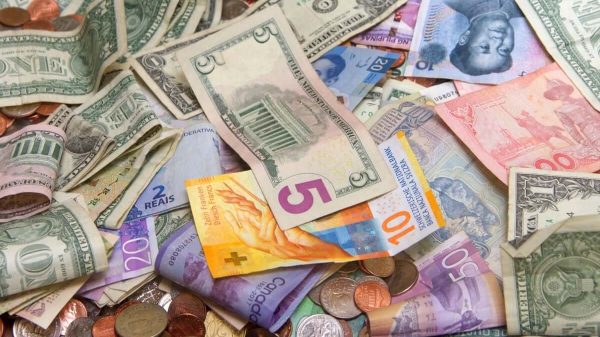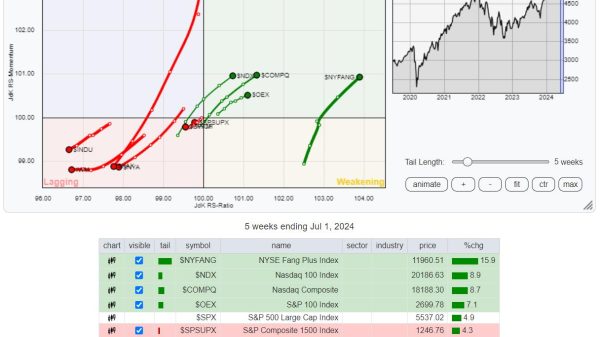The U.S. dollar plummeted on Tuesday. Why’s that?
Forex market sentiment improved significantly on Tuesday, sending the U.S. dollar in the red. Investors feared that the collapse of two U.S. regional banks was only the beginning of a global banking crisis. However, these fears were alleviated somewhat today, and demand for safe-haven currencies also weakened.
Despite that, the Japanese yen remained high. Japan’s fiscal year ends on Friday, and flows are picking up. As a result, the currency continues rallying. The greenback plunged to 130.51 yen on Tuesday. It exchanged hands lower by 0.29% at 131.2 at last. In the previous session, the U.S. dollar soared by 0.64% against the Japanese currency before losing some of these gains today.
Economists expect Japanese companies to sell some foreign bonds to boost their balance sheets. Bart Wakabayashi, the branch manager at State Street in Tokyo, noted that at the end of the Japanese fiscal year, it’s natural to expect more flows.
In Europe, the British pound and the euro surged forward as the dollar declined. First Citizens BancShares announced that it would buy all of collapsed U.S. lender Silicon Valley Bank’s loans and deposits. This news rallied the investors.
Consequently, the euro jumped by 0.27% to $1.083 on Tuesday. The sterling also added 0.31%, exchanging hands at $1.233 at last. It remained near a two-month peak. Adam Cole, the chief currency strategist at RBC Capital Markets, noted that forex markets are more risk-positive now. Hence the dollar’s fall. Cole thinks that such sentiment might last for a couple of months.
On Tuesday, the U.S. dollar index dropped by 0.19% to 102.56 after shaving off 0.26% in the previous session. On the other hand, the risk-sensitive Aussie dollar surged forward. Better-than-expected retail sales data also contributed to the currency’s rally. The Aussie soared by 0.56% to $0.669 at last.
How are the EM currencies faring?
Asian currencies and equities soared today. The Malaysian ringgit skyrocketed to a multi-week high, along with the Indonesian rupiah. The Thai baht gained the most in the region on Tuesday, though. It jumped by 0.5% after tumbling by almost 1% in the previous session.
Moreover, the Philippine peso plummeted by 0.5%, breaking its three-day winning streak. Shares in Manila climbed up insignificantly, though.
The Malaysian ringgit rallied by 0.5%, hitting a five-week peak. The Indonesian rupiah gained the same amount, reaching the highest level since early February. Analysts noted that the Malaysian ringgit is gaining more this month compared to the Indonesian rupiah. The SVB’s collapse weighed on the latter more.
The post The U.S. dollar plummeted on Tuesday. Why’s that? appeared first on FinanceBrokerage.


































